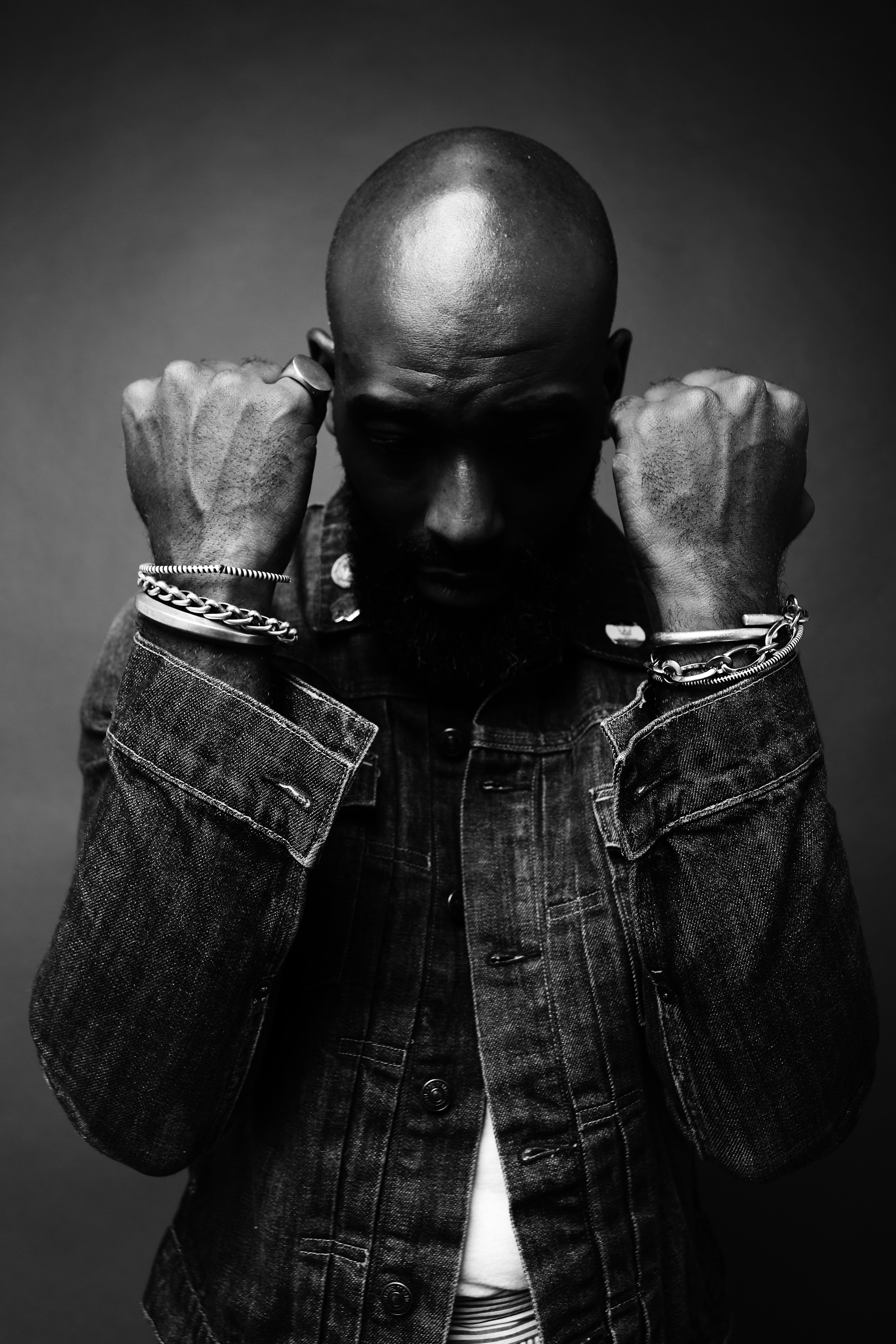May 10, 2013 update: I've been informed that the Gary Chapman who appeared at Break Forth 2013 was the author of The Five Love Languages, not the musician of the same name, who is Amy Grant's ex-husband. I was relying on information provided by the Break Forth website, which listed the names of those appearing at the conference. The link provided by the Break Forth website for Gary Chapman was to the musician, not the author, so I assumed that was the one who was at the conference. I apologize for the error, and the post has been corrected.
It hath been said, Whosoever shall put away his wife, let him give her a writing of divorcement:
But I say unto you, That whosoever shall put away his wife, saving for the cause of fornication, causeth her to commit adultery: and whosoever shall marry her that is divorced committeth adultery. Matthew 5:31-32
The Pharisees also came unto him, tempting him, and saying unto him, Is it lawful for a man to put away his wife for every cause?
And he answered and said unto them, Have ye not read, that he which made them at the beginning made them male and female,
And said, For this cause shall a man leave father and mother, and shall cleave to his wife: and they twain shall be one flesh?
Wherefore they are no more twain, but one flesh. What therefore God hath joined together, let not man put asunder.
They say unto him, Why did Moses then command to give a writing of divorcement, and to put her away?
He saith unto them, Moses because of the hardness of your hearts suffered you to put away your wives: but from the beginning it was not so.
And I say unto you, Whosoever shall put away his wife, except it be for fornication, and shall marry another, committeth adultery: and whoso marrieth her which is put away doth commit adultery. Matthew 19:3-9
And in the house his disciples asked him again of the same matter.
And he saith unto them, Whosoever shall put away his wife, and marry another, committeth adultery against her.
And if a woman shall put away her husband, and be married to another, she committeth adultery. Mark 10:10-12
Whosoever putteth away his wife, and marrieth another, committeth adultery: and whosoever marrieth her that is put away from her husband committeth adultery. Luke 16:18
Anyone looking for evidence of declining standards of holiness in the professing evengelical church of Jesus Christ in the United States and Canada need look no further than the 2013 edition of the "Christian Youth" event known as Break Forth (I think "Break Wind" would be a better name) scheduled to take place in Edmonton, Alberta from January 25-27. The lineup includes contemplative spirituality proponent John Ortberg, psychologist Steve Arterburn (author of, among other books, Toxic Faith, one of the worst books of the 1990s). Most notably, Amy Grant, who has returned to "Christian" music now that her career as a mainstream popular artist has run its course (quite some years ago, actually) has been added to the lineup, which could make for some interesting dynamics, since her first husband, Gary Chapman, is also listed among the scheduled performing artists.
The item announcing Ms. Grant's appearance uses the following euphemistic language:
Like so many, Amy went through challenging times as her superstar status launched her to a level that no Christian artist has ever visited. Yet, these times forged her faith in the fires of trials and she came out stronger. When Amy speaks and sings she now brings a depth to her walk with Jesus that is known for its authenticity and humility.
To read the paragraph above, one would think that Ms. Grant passed whatever tests of faith she was subjected to. I can't judge her actual spiritual condition, but I'm entitled to an opinion based on behaviour, and when "challenging times" result in the collapse of a marriage and subsequent remarriage with no apparent remorse or repentance, I have my doubts about "authenticity and humility."I believe that it's possible for Christians to commit great sins; the church at Corinth in the 1st century was characterized by immorality (see I Corinthians 5:1 for a particularly grievous example), but even in this state Paul addressed them as Christians. He did, however, rebuke the believers at Corinth (see I Corinthians 5:2 ff.) for taking a boastful, rather than mournful, attitude. Fortunately, the Corinthians took Paul's attitude to heart (see II Corinthians 2) and repented. So far, I see no such repentant attitude toward immorality among celebrities in American and Canadian evangelicalism in the early 21st century. These celebrities should have the decency to shut up and refrain from proclaiming the name of Jesus Christ until they repent and give some evidence that He's actually the Lord of their lives, instead of exhibiting an attitude of "Let's just put this behind us and move on." As for Break Forth, I recommend that Christians call on those in charge to restrict the lineup of speakers and performers to those who are demonstrating faithfulness to Jesus Christ and the Bible not only in their doctrine, but in their lives as well.
Alma Said No Baptisms for Dead
-
April 27 – Alma Said No Baptisms for Dead. Hebrews 9:27 “And as it is
appointed unto men once to die, but after this the judgment.” _____ So, we
die and th...
7 hours ago



.JPG)


































